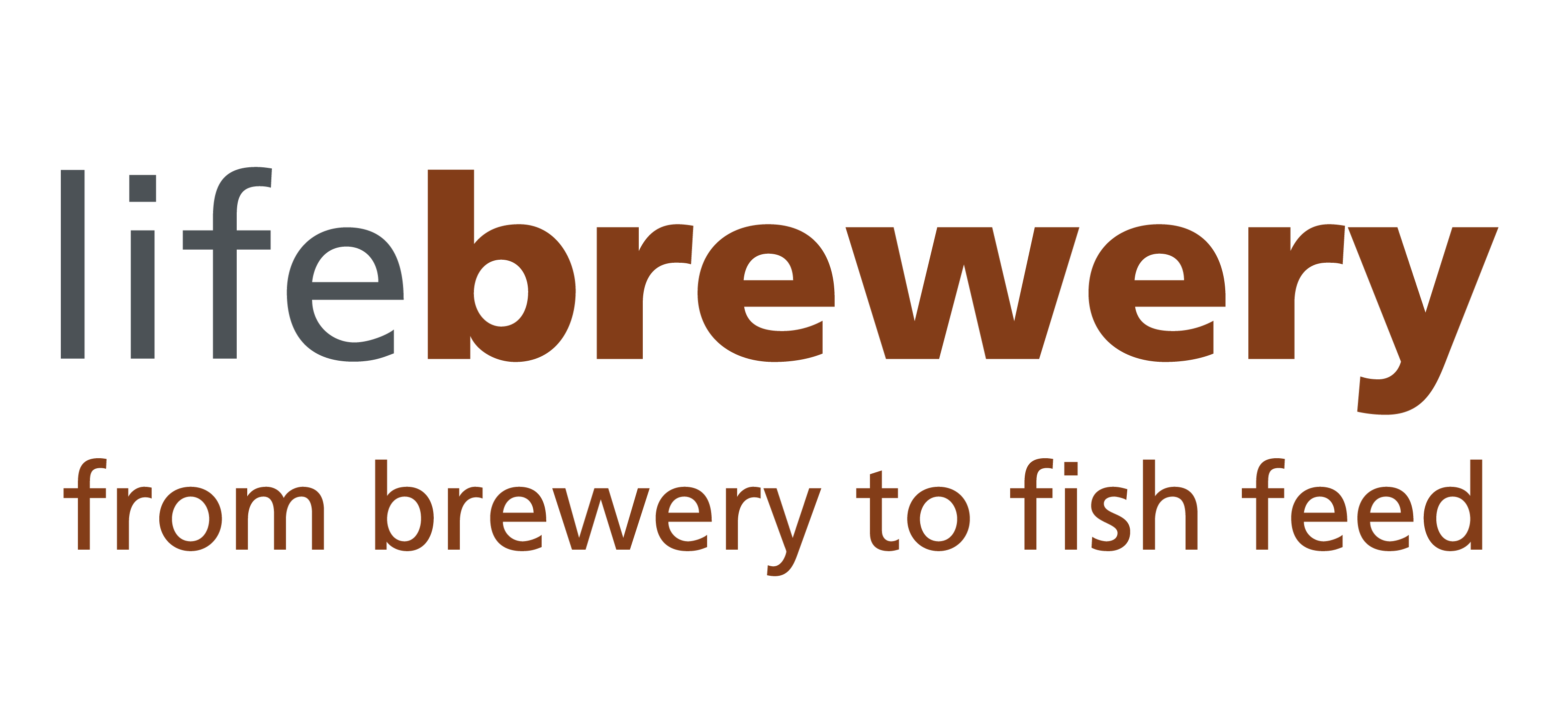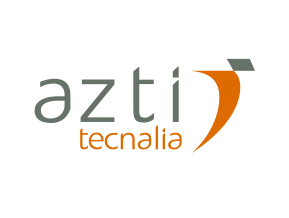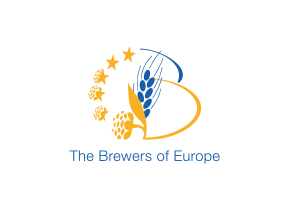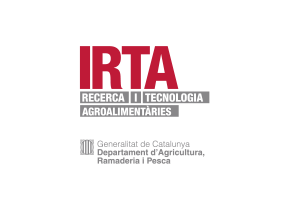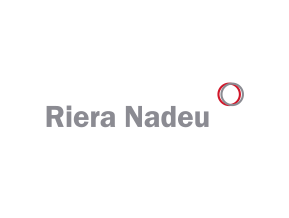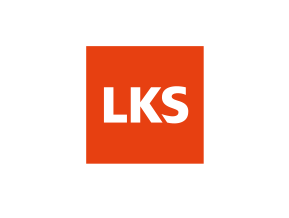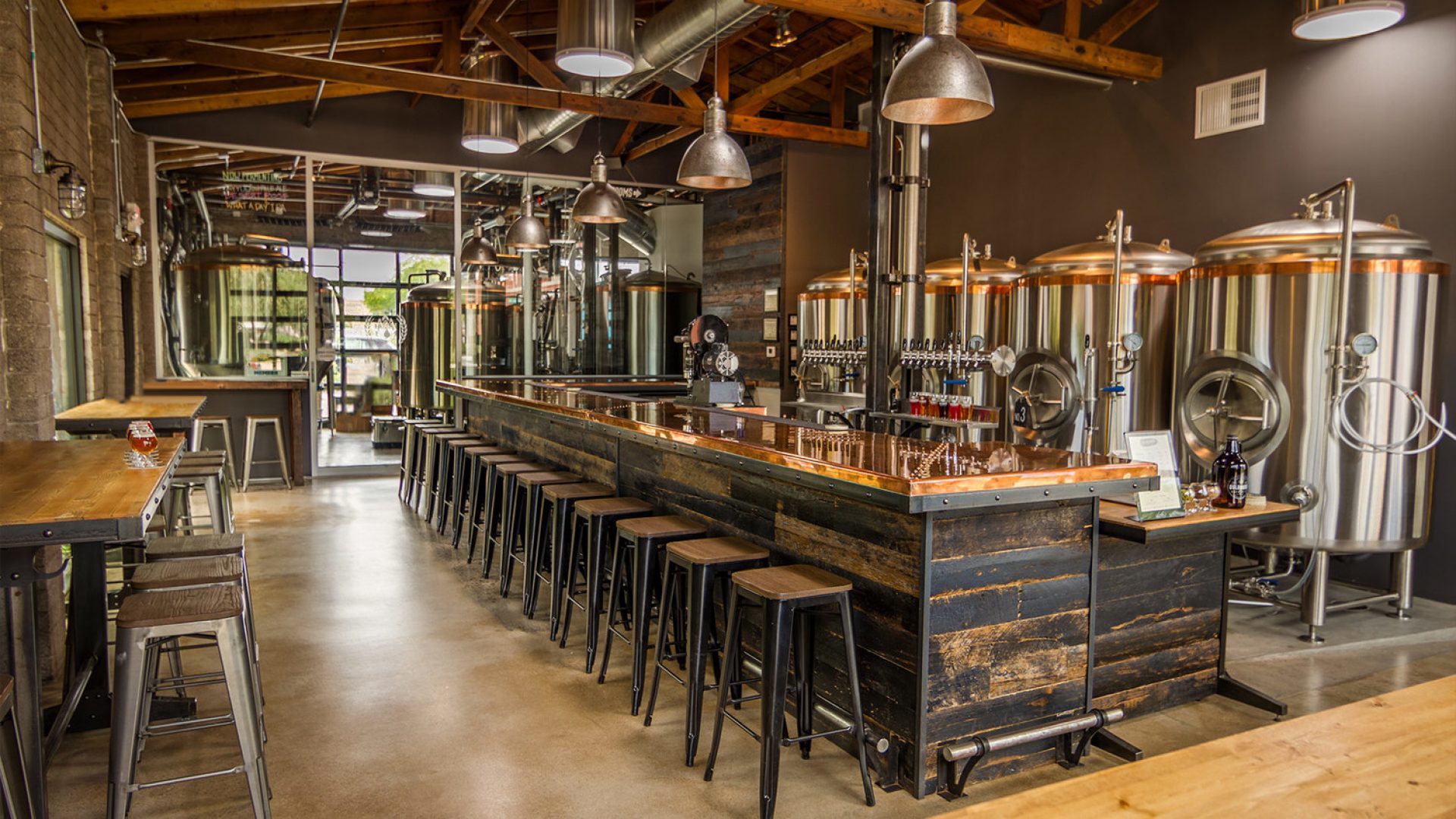The project
Description
New Strategies for Improving the Sustainability of Breweries: Full Waste Recovery for Aquaculture Feed
Definition and Validation of Action Plan for the Recovery of Brewery by-products as new raw material for Aquaculture Feed
WHAT FOR?
-
An increase in the Environmental Efficiency and Competitiveness of brewing sector by improving the image of environmental protection and sustainable use of resources and by minimizing costs of waste management.
-
An increase in the EU aquaculture Sustainability by providing 2 sustainable raw materials from spent grain and yeast for aquaculture feed which decrease the dependence of fish meal production.
-
Contribution to the Society Awareness towards the environmental protection and efficient use of the resources.
Why it is necessary?
This project will contribute to fulfil European environmental policy and legislation. Public strategies seek to advance into environmental preservation and, thus, into the quality of life of citizens, by protecting biodiversity and the environmental services provided by ecosystems, by properly managing of the generated wastes, by ensuring a clean and healthy environment and by promoting the responsible use of natural resources by business, government and public consumption.
Project objectives fit with public strategies since it is based on a circular economy approach and it will reduce the environmental impact of actual management of untapped BSG and also of the total amount of BY, actually managed within the wastewater.
It will also reduce the potential impact related to aquaculture products providing a new feed ingredient, promoting the resource efficiency in an industrial symbiosis scheme that will help the EU shift towards a circular and green economy.
Beer production has a double environmental impact: 1) beer production and 2) wastes management. The largest volume are Brewer Spent Grain (80 % of total solid by-products), followed by Brewer Yeast (10 %). According to bibliography, BY is mixed with wastewater and discharged for its treatment, while 70 % of BSG is used in fresh for feed, 10 % for biogas production and 20 % is landfilled. This implies the loss of a valuable product. Although the use of these by-products for human consumption or even for pharmaceutical and cosmetic purposes could be a valuable option, a solution able to cope with larger volumes is needed. Aqua-feed production alternative involves the higher protein conversion efficiency, with a 30 %, above chicken with a 25 %, pork 15 % or beef 5 %.
Global aquaculture production is increasing due to growing demand for fish. Current aqua-feeds are highly dependent on fish meal (FM) and fish oils (FO). Approximately 65 % of global FM (about 4.8 million tonnes) is used in aquaculture production, while approximately 83 % of FO (about 1 million tonnes) goes to aquaculture production. A recent study has demonstrated that replacing FM by other alternative ingredients, such as soybean or rapeseed, involves less environmental impact per tonne of aqua-feed in both Acidification potential (AP); Global Warming potential (GWP); Eutrophication potential (EP) or Land competition (LC) than fish meal based standard aqua-feed. The level of substitution of FM and FO depends on the species. Within this framework, alternative ingredients which successfully replace these marine components are required.
Reducing aquaculture’s dependence on marine resources in the future will depend on improving feed efficiencies and substituting away from fishmeal and fish oil. Therefore, brewers´ by-products stand as a potential alternative for replacing fish meal in aquaculture feed, due to their availability in Europe, their nutritional characteristics and the preliminary results obtained in the previous project carried out (Aquadiet project).
Objectives
The general objective of this project is to demonstrate in a real case study, in a representative EU producing Region, through a full scale trial, the feasibility of an innovative and sustainable integrated Valorisation Scheme to increase significantly the brewer by-products recovery at European level, through their up-grading as aqua-feed ingredients, satisfying the highly increasing demand of alternative new raw materials for aqua-feed production.
All agents in the value chain will be involved: breweries, logistics and technological agents, valorising companies, aqua-feed producers and aquaculture farms as end users.
Its implementation will reduce the environmental impact of brewing and aquaculture sectors contributing to their long-term sustainability. Thus, it will also contribute to waste reduction and environmental protection EU policies.
The specific objectives are:
- Design a new integrated Valorisation Scheme including all steps of the new value chain and replicable to other EU Regions.
- Optimize and scale up a “low-carbon” dehydration process using an innovative combination of mechanical and thermal technologies for obtaining a sustainable meal using brewery by-products.
- Optimize the aqua-feed formulas using the produced meals till the maximum possible level of developed meals inclusion in diets for aquaculture fishes.
- Integrate and demonstrate the whole system in real operational conditions in a representative case study in Spain covering the entire value chain.
- Eco-design at industrial level the proposed solution to ensure its implementation at full scale.
- Demonstrate the social-environmental sustainability of the whole system using the LCA methodology.
- Demonstrate the economic profitability of the whole proposed solution.
- Ensure the success of the solution through the participation of stakeholders in the follow-up of the project and its alignment with EU policies.
- Define an exploitation plan and a road map for the Replication and Transfer of the Valorisation Scheme to the case study in Spain and two other representative EU producing Regions.
- To raise maximum public awareness about environment and resource efficiency through an efficient communication and dissemination strategy.
- Involve the necessary investors to guarantee the uptake of the results to stimulate a new economic activity and employment in the food waste recovery sector beyond the project.
ACTIONS
- A1. SETTING THE STAKEHOLDERS TABLE
- B1. PRE-INDUSTRIAL OPTIMIZATION OF PROCESSES FOR OBTAINING MEAL & AQUAFEED PROTOTYPES
- B2. DESIGN OF A VALORISATION SCHEME INCLUDING ALL STAGES OF THE VALUE CHAIN AND REPLICABLE TO ANY EUROPEAN SCENARIO
- B3. DEMONSTRATION OF THE VALORISATION SCHEME APPLIED TO A CASE STUDY
- B4. FEASIBILITY OF THE IMPLEMENTATION IN AN INDUSTRIAL REFERENCE SCENARIO
- B5. REPLICABILITY AND TRANSFERABILITY OF THE VALORISATION SCHEME AT EUROPEAN LEVEL
- C1. MONITORING THE PROJECT IMPACT ON THE ENVIRONMENTAL PROBLEM ADDRESSED
- C2 MONITORING OF THE SOCIO-ECONOMIC IMPACT
- D1. PUBLIC AWARENESS AND DISSEMINATION OF RESULTS
- E1. OVERALL PROJECT MANAGEMENT
EXPECTED RESULTS
The main expected results are:
- An increase in the Environmental Efficiency and Competitiveness of brewing sector by improving the image of environmental protection and sustainable use of resources and by minimizing costs of waste management.
- An increase in the EU aquaculture Sustainability by providing 2 sustainable raw materials from spent grain and yeast for aquaculture feed which decrease the dependence of fish meal production.
- Contribution to the Society Awareness towards the environmental protection and efficient use of the resources.
The specific expected results are:
- 1 semi-industrial drying plant (300 kg / h) combining mechanical and thermal technologies for drying brewer by-products to obtain a sustainable meal for aqua-feed.
- 2 brewer by-products (spent grain and yeast) Valorisation scheme scaled-up and validated by stakeholders and in a demonstration trial for the production of 2 raw materials for aqua-feed.
- 3 sustainable aqua-feed diets containing 2 new raw materials from brewer by-products (spent grain and yeast meals) successfully tested in 3 different species by fish growth trials.
- Recovery of 75 % of brewer spent grain and yeast produced in the case study region (Spain) during the demonstration trial: 1,000 kg of each BSG and BY meals and 2,000 kg of experimental aqua-feeds (for 3 species).
- An Integrated Basic Eco-Design of a model Recovery plant, based on eco-design concept and replicable to any region of Europe, which allows the transfer of the Valorisation scheme implemented in the case study (Spain) to other European regions.
- An Exploitation plan of the Valorisation scheme that recycles at least 95 % of the brewer by-products in the case study region (Spain) in two year after the end of the project.
- Replication and Transference of the Valorisation scheme to 2 EU regions for recovering at least 85 % of their brewer by-products in three years after the end of the project.
- Sustainability of the aquaculture in the future by reducing 25 % of the environmental impact associated with aqua-feed production of the 3 targeted species by replacing, in two year after the end of the project, at least 15 % of the fish meal used currently with a new raw material from brewer by-products.
- Awareness of the society toward sustainability. More than 5,000 persons are expected to interact with the project.
- Up to 50 direct employments in the by-product valorisation sector in three years after the end of the project.
